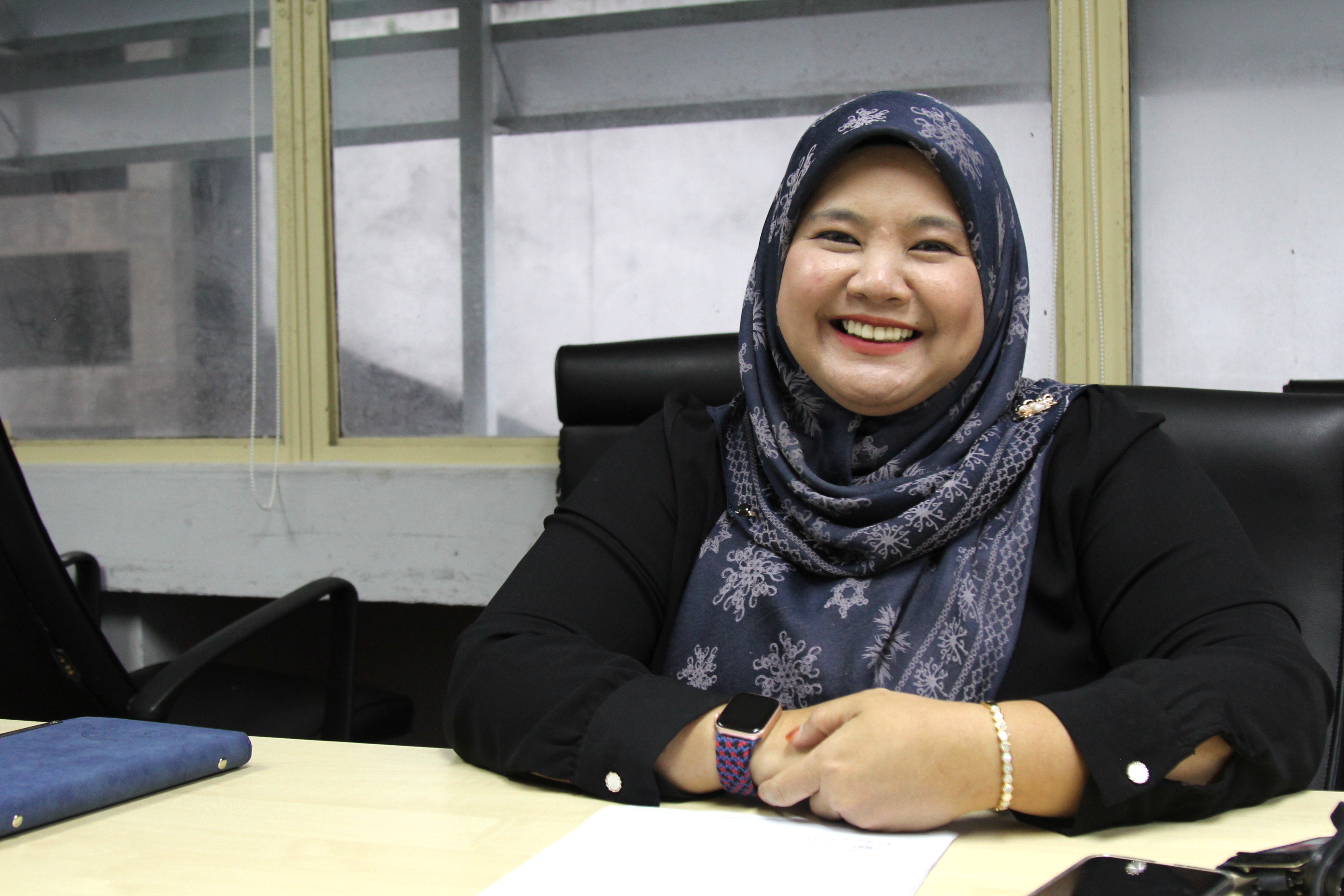The Future Is Here: How Biodiesel Buses Are Preventing and Reducing Air Pollution Through Low-Carbon Urban Transportation
Now Arriving
August 16, 2024

MRT Corporation Sdn Bhd- Noor Aznee Binti Junaidi, Asset Operations & Management Division.
Noor Aznee Binti Junaidi (‘Naz’ for short) is a manager in the Asset Operations & Management Division for Malaysia’s Mass Rapid Transit Corporation (‘MRT Corp’).
MRT Corp was established in 2011 and is fully owned by the country’s Ministry of Finance. “MRT [Corp] is the caretaker for this government asset.” When Naz was hired by MRT in 2018, she had just started working in the transportation sector , “B100 was new to me. I thought, what is this?”
What Naz learned was that biodiesel is a type of biofuel that is used as a substitute for conventional petroleum diesel (i.e. fossil fuel) and can play an important role in the transition to a decarbonized transportation sector. When used in particular blends, it can also often be used in existing engines with little to no modification. In Malaysia, the biodiesel produced is primarily palm-based, which is readily available in the country and may have utility as a ‘bridging’ fuel as the country moves away from fossil fuels .
Her first thought was, “Wow! A clean fleet of buses.”
She brought an engineer’s curiosity to understanding the conversion process, a banker’s eye to assessing the numbers for emissions reductions, and a technician’s analysis to the logistics of maintaining a modern, sustainable fleet.
Biodiesel v. Electric in Malaysia
In the quest for sustainable transportation, both biodiesel and electric vehicles have emerged as promising alternatives to traditional fossil fuel-powered vehicles. Each technology presents unique advantages and considerations, addressing different aspects of environmental impact, energy efficiency, and infrastructure development. It is useful to compare biodiesel and electric engines to understand their benefits and challenges in the context of sustainable transportation.
As a ‘bridging’ fuel, biodiesel serves as a key option for reducing the carbon footprint of existing diesel engines, offering both reduced GHG emissions and energy security benefits.
A Low Carbon Future Today
In Malaysia, the Green Technology Application for the Development of Low Carbon Cities (GTALCC) project is supporting sustainable city solutions at the local level through strong partnerships with community associations and city councils.
One of the key activities under GTALCC is the Biodiesel B100 Pilot Program for Low Carbon Public Bus Transportation for MRT Buses.
The Biodiesel B100 Pilot Program has delivered proof of concept to local authorities and government agencies on the value of alternative / low-carbon fuels for buses. The project has converted 10 previously diesel-fuelled buses to biodiesel.
Small Changes, Big Impacts
For a 5-month period – May-October 2022 — ten buses were converted to run on B100 biodiesel. This pilot resulted in a 74.68% reduction in GHG emissions – in absolute terms, preventing the emissions of nearly 100 metric tonnes of GHGs that would have been emitted had diesel fuel been used.
As Naz points out: “10 out of 150 buses were converted. Imagine if we could convert 20-30% of our national bus fleet .”
Based on the success of the pilot, participants intend to expand the project to enhance awareness, demonstrate efficacy, and enjoy the efficiency gains and cocurrent pollution reduction. The long-term objective is to gradually transition all diesel buses to B100 biodiesel, as it offers significant benefits in terms of reducing GHG, particulate matter, and carbon monoxide emissions.
To enhance the cost effectiveness of B100, there needs to be ongoing review and revision to the current tax and subsidy structure on fossil fuel. Because of the clear climate change mitigation and pollution reduction benefits, this project suggests that the subsidy structure currently applied to fossil fuels should be extended to renewable fuels instead. Such adjustments would better facilitate the adoption of B100 biodiesel for widespread use in Malaysia, building on the reforms to diesel subsidies that were passed this year.
Naz answers, "It is important to align subsidies and policies. And we need more budget. To me, it seems like why not?"
The successes of the GTALCC project would not be possible without concerted efforts and strong partnerships. The project is funded by the Global Environment Facility (GEF) and implemented by the Ministry of Natural Resources, Environment and Climate Change (NRECC), with support from UNDP and Sustainable Energy Development Authority (SEDA) Malaysia as the lead consultant. Other key stakeholders include MRT Corporation Sendirian Berhad, Rapid Bus Sendirian Berhad (Prasarana Malaysia Berhad), and Scania Malaysia.
As the world seeks to transition to a more sustainable transportation future, a mix of solutions, including both biodiesel and electric engines, will likely be essential to meet diverse transportation needs and environmental goals. While Naz’s position is multifaceted, perhaps her most important role is as chaperone to a lower-carbon future, now arriving at Malaysia’s bus platforms.
For more information on the GTALCC project, visit here or here.

 Locations
Locations



